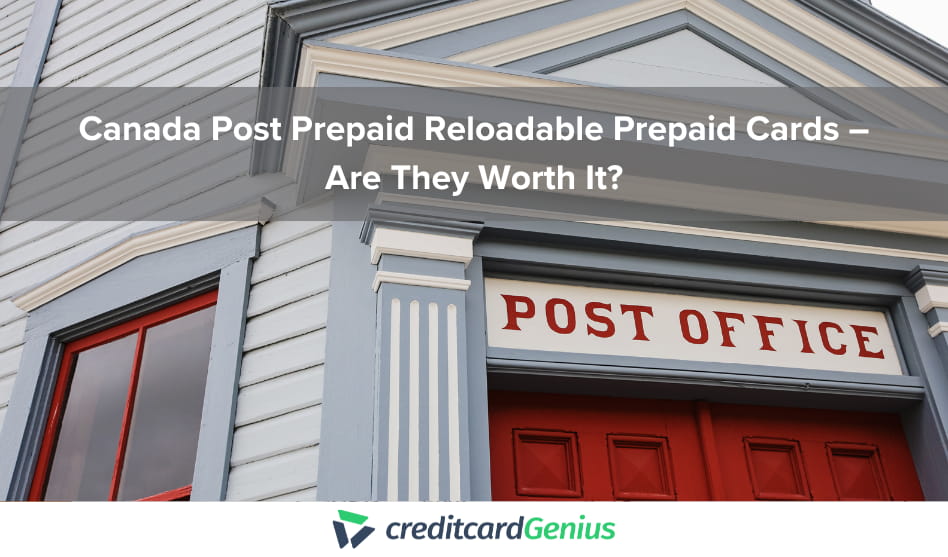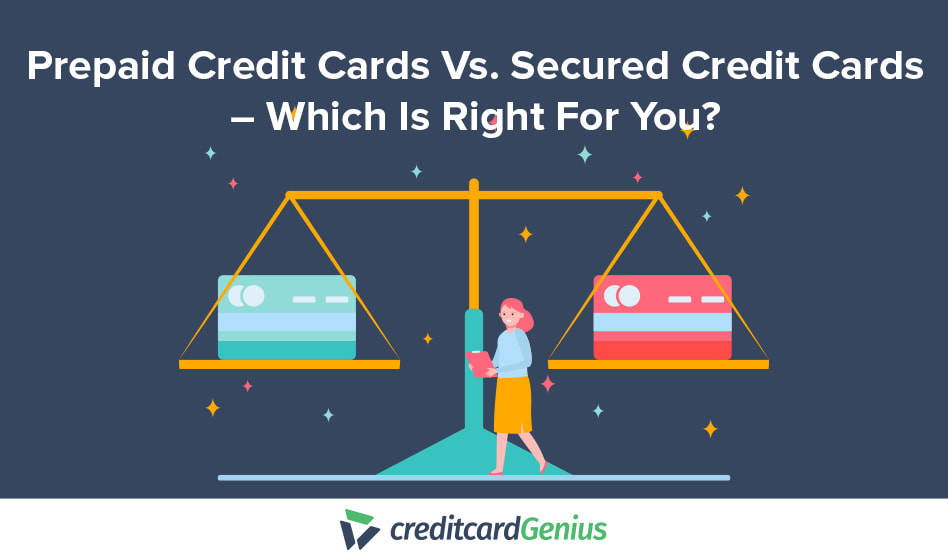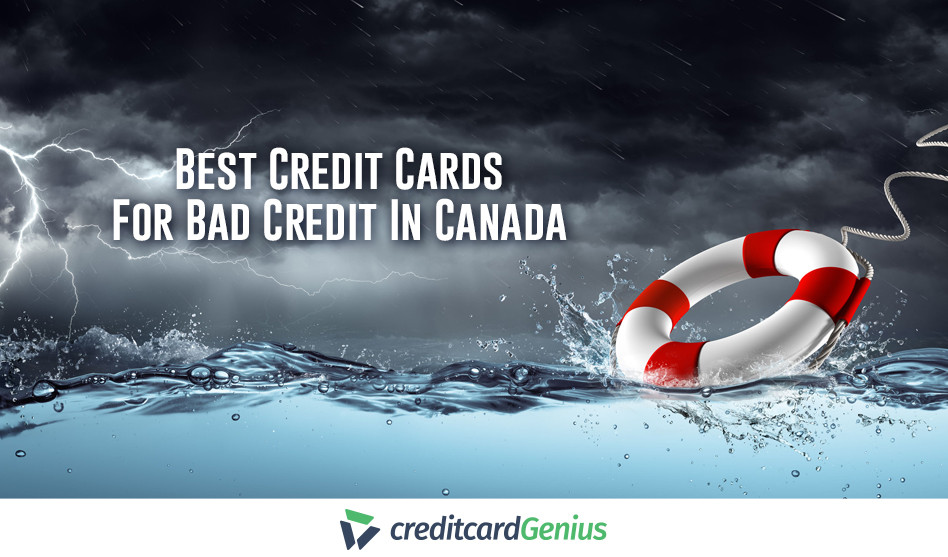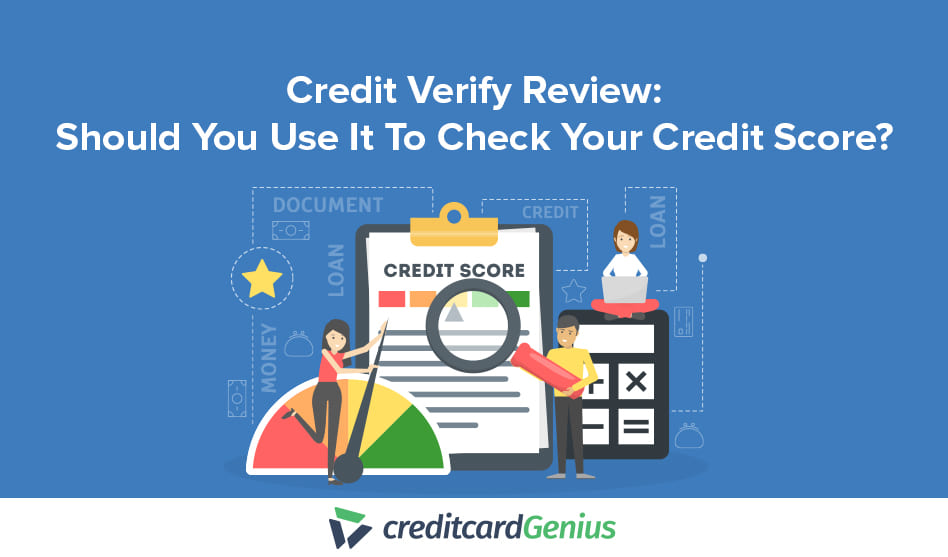Whether you’re struggling to qualify for a regular credit card or you want a card to help teach financial responsibility, prepaid and secured credit cards can be helpful. Secured credit cards can help build your credit score, and prepaid cards can help you learn to stick to a budget, since you can’t borrow or spend more than the amount on the card.
The article below examines the key differences between these two types, recommends the best prepaid cards and secured cards, and offers other information to help you determine which option is best for your situation.
Key Takeaways
- To use a prepaid card, purchase a card, load your funds, and start making purchases.
- To use a secured credit card, submit an application and make a security deposit that you can make purchases against.
- Secured credit cards can help build your credit score if you make your monthly payments on time.
Never miss an amazing deal again + get our bonus 250+ page eBook for FREE. Join 50,000 other Canadians who receive our weekly newsletter – learn more.
Overview: Prepaid credit cards vs. secured credit cards
Unlike unsecured credit cards, which let you borrow from a line of credit and pay it back, prepaid cards and secured credit cards do not extend credit. Instead, you’re using funds you’ve already deposited.
| Secured cards | Prepaid cards | |
|---|---|---|
| Upfront costs | Security deposit required | Loaded amount + possible fees |
| Spending limits | Up to the amount of the security deposit | Up to the amount loaded |
| Fees | Minimum monthly payment may be required | Fee to reload the card, activation fee |
| Protection against fraud | No | Yes |
| Impacts credit scores | Yes, can build credit when used responsibly | Does not build credit |
| Requires credit check | Yes | No |
| Has interest rates | Yes, variable | No |
| Offers perks and rewards | Usually no | Usually yes |
| Includes interest | No | No |
What is a secured credit card?
Secured credit cards are specifically geared towards those with poor credit. They work just like a regular credit card, with one major difference.
In order to get one, you have to provide a security deposit, which then becomes your credit limit. And because you're providing a security deposit, these credit cards have almost guaranteed approval. If you fail to pay your bill, the bank has your security deposit as a back up.
How much you have to provide for the security deposit depends on the card, but it typically ranges between $500 and $10,000. Once the bank has received your deposit, they'll issue you a credit card.
It’s important to pay your statement every month, in full if possible. Secured credit cards still charge interest, so any balance you carry over will cost you money.
Every month, the issuer will report your responsible credit use to the credit bureaus, helping build your score. Once your credit has been repaired, you can close your account and get your initial security deposit back.
Since these credit cards are designed for those with poor credit, they offer little in the way of extra features or rewards, but do provide a good path to being accepted to more perk-filled cards in the future.
Pros and cons of secured cards
Secured credit cards have some great things going for them as well as some big drawbacks.
Pros:
- Low credit score requirements: Since you’re putting down a security deposit, secured cards have virtually guaranteed approval.
- Can help you repair your credit score: Use your card for payments, and then make sure to pay your bill in full and on time, every time. As you responsibly use the card, your payment history will be reported to the major credit bureaus, which will improve your credit score.
Cons:
- No rewards: Unfortunately, since secured cards are designed to help people improve their credit, they typically don't offer any rewards on your purchases.
- Lack of perks and insurance: Unlike unsecured cards, which include travel and purchase insurance along with perks like airport lounge access or exclusive discounts and offers, secured cards aren’t known for their benefits.
What is a prepaid credit card?
Prepaid credit cards are quite different from a secured credit card. The main thing to keep in mind? While they look like credit cards, they aren't actually a credit product.
To use a prepaid card, you have to load your own money on the card. Every time you use your card, the purchase gets paid with your balance.
As such, you're not actually borrowing money, so you're not subjected to a credit check when opening a prepaid card. You also won’t be charged any interest.
If you're looking to improve your credit score, a prepaid card won't be of much value to you. They are, however, excellent choices if you don't want a regular credit card, but still want rewards while avoiding credit card debt.
Pros and cons of prepaid cards
To help you decide if a prepaid card is right for you, weigh the benefits against the drawbacks.
Pros:
- Earn rewards on purchases: Many of the best prepaid cards offer rewards on purchases. They often aren't as good as what you can get on a regular credit card, but they're still extra perks you can enjoy without worrying about debt.
- Avoid credit card interest: If you're the type who doesn't want to worry about paying high credit card interest, or you don't always pay your balance off in full, a prepaid card will avoid any interest payments.
- Enjoy unique perks: Prepaid credit cards can offer things like access to budgeting apps, free Interac e-Transfers, and more.
Cons:
- Doesn't improve your credit score: Since a prepaid card isn't a credit product, it won't have any bearing on your credit file, good or bad.
- Lack of insurance: This is one area where prepaid and secured cards have something in common. Prepaid cards don't have much in the way of insurance either. When it comes to getting insurance on a card, a regular credit card simply can't be beat.
When to choose secured credit cards
As for a secured credit card, the only real time to get one is if you have poor credit and need (or want) to start rebuilding it.
Secured credit cards offer little to no rewards or benefits. They're meant to be used until your credit score improves to the point where you can qualify for regular credit cards again.
Best secured credit cards
If you’re interested in learning more about the best secured credit cards, check out how they compare.
| Card name | Annual fee | Features | Learn more |
|---|---|---|---|
| Secured Tims® Mastercard | $0 | * $50 minimum security deposit * Basic insurance included * Earn points to redeem at Tim Hortons | Learn More |
| Neo Secured Mastercard | $95.88 | * $50 minimum security deposit * Earn an average of 5% cash back with Neo retail partners | Learn More |
| Home Trust Secured Visa Card | $0 | * $500 minimum security deposit * Account managed by a bank * Lower foreign exchange fee of 2% | Learn More |
When to choose prepaid credit cards
A prepaid card may be a better option if your credit score is so low that you can’t qualify for a secured card (rare, but it does happen), you don’t want to pay high interest rates when borrowing money, or you’re just looking to supplement your wallet with some unique features and don't want the credit hit.
| Card name | Annual fee | Features | Learn more |
|---|---|---|---|
| Wealthsimple Prepaid Mastercard | $0 | * Earn 1% back on all purchases * Earn 4% on your account balance * No foreign exchange fees | Learn More |
| EQ Bank Card | $0 | * Earn 3.5% interest on your account balance * No foreign exchange fees | Learn More |
| Neo Everyday Account | $0 | * Earn an average of 5% cash back at Neo retail partners * Earn 0.1% interest on your balance | Learn More |
FAQ
Is a secured credit card the same as a prepaid card?
No, a secured card is more like a personal line of credit. Although you load funds onto the card to start, you can continuously borrow and pay off that line of credit. You don’t make payments to prepaid cards.
What are the disadvantages of a prepaid card?
Prepaid cards do not have any impact on your credit score. Since you're simply spending your own money, these products aren't extending you any credit, and thus don't appear on your credit file.
What is the best secured credit card in Canada?
The best secured card is the Home Trust Secured Visa Card. While it has no rewards (like most secured credit cards) it also has no annual fee, and charges a lower foreign exchange fee of 2%.
What are the downsides of getting a secured credit card?
The main downsides are the fact that you usually don’t earn rewards on your purchases and the cards don’t often include perks like insurance coverage, discounts and offers, or travel benefits.
Should I get a prepaid credit card or a secured credit card?
It all depends on what you’re looking for in a card. If you're in dire need of improving your credit score, try to get a secured credit card first. Otherwise, a prepaid card will likely be the better option.
creditcardGenius is the only tool that compares 126+ features of 228 Canadian credit cards using math-based ratings and rankings that respond to your needs, instantly. Take our quiz and see which of Canada's 228 cards is for you.









































Comments
Leave a comment
Required fields are marked with *. Your email address will not be published.